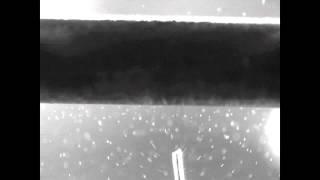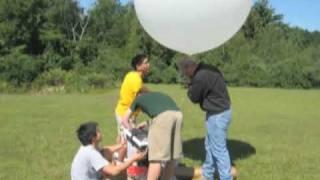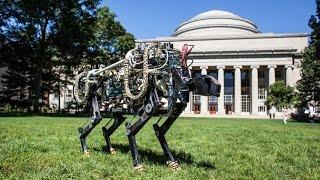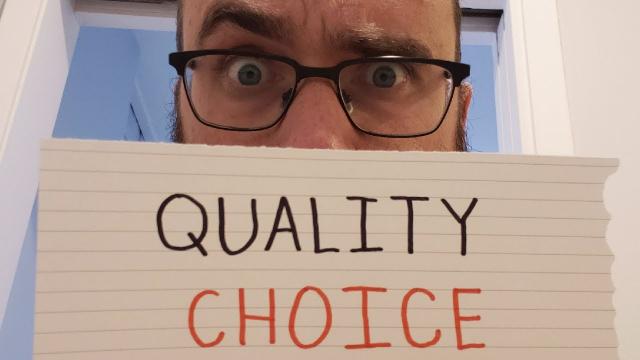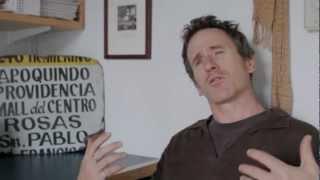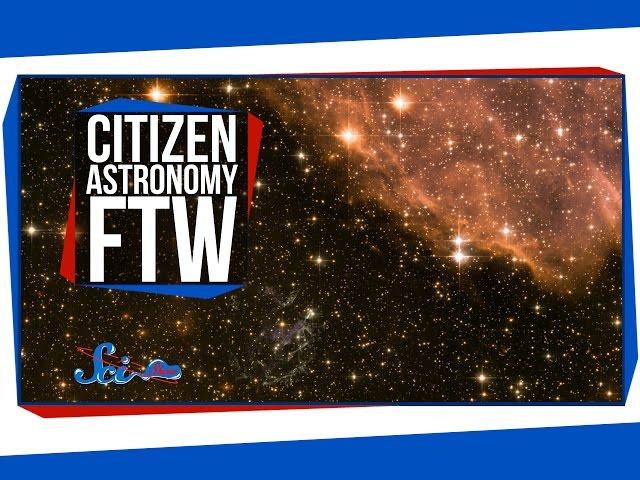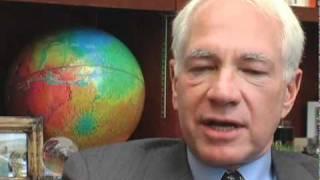Time Travel, Teleportation & Science
Time travel is the concept of moving between different points in time in a manner analogous to moving between different points in space, generally using a theoretical invention, namely a time machine. It has a commonly recognized place in philosophy and fiction, but has a very limited application in real world physics, such as in quantum mechanics or wormholes.
Although the 1895 novel The Time Machine by H. G. Wells was instrumental in moving the concept of time travel to the forefront of the public imagination, The Clock That Went Backward by Edward Page Mitchell was published in 1881 and involves a clock that allowed three men to travel backwards in time.[1][2] Non-technological forms of time travel had appeared in a number of earlier stories such as Charles Dickens' A Christmas Carol. Historically, the concept dates back to the early mythologies of Hinduism (such as the Mahabharata), Buddhism, and Islam through ancient folk tales. More recently, with advancing technology and a greater scientific understanding of the universe, the plausibility of time travel has been explored in greater detail by science fiction writers, philosophers, and physicists.
Teleportation, or Teletransportation, is the theoretical transfer of matter or energy from one point to another without traversing the physical space between them. It has a commonly recognized place in science fiction literature, film, and television, but as yet has a very limited application in real world physics, such as quantum teleportation or the study of wormholes.
Science (from Latin scientia, meaning "knowledge") is a systematic enterprise that builds and organizes knowledge in the form of testable explanations and predictions about the universe. In an older and closely related meaning, "science" also refers to a body of knowledge itself, of the type that can be rationally explained and reliably applied. A practitioner of science is known as a scientist.
In modern usage, "science" most often refers to a way of pursuing knowledge, not only the knowledge itself. It is also often restricted to those branches of study that seek to explain the phenomena of the material universe.
Source : Wikipedia
-
2:00:06
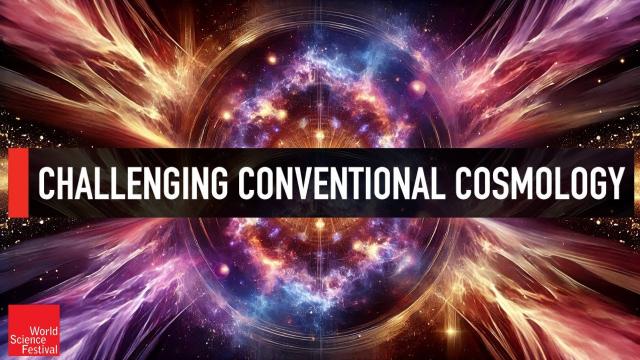
Challenging Conventional Cosmology
Added 67 Views / 0 LikesNeil Turok joins Brian Greene to describe his new ideas for curing the big bang singularity and providing a natural dark matter candidate, all while avoiding the conventional paradigm of inflationary cosmology.This program is part of the Big Ideas series,
-
04:11
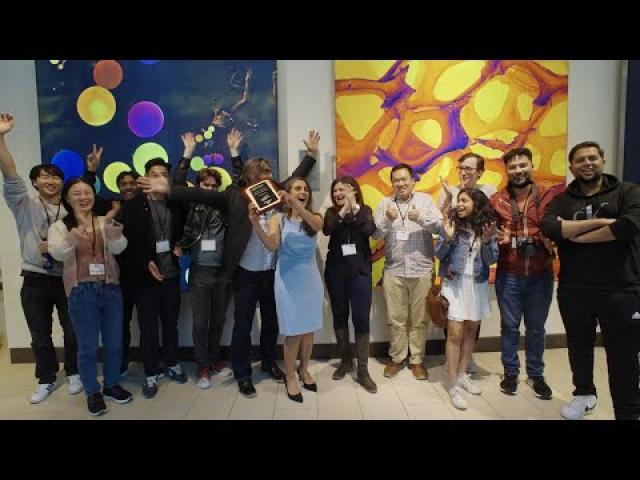
Changing the game
Added 255 Views / 0 LikesNine MIT researchers were selected as finalists in the inaugural MIT Future Founders Initiative Prize Competition, encouraging women to pursue entrepreneurship in biotech. Participants gained hands-on opportunities to discover how to commercialize their i
-
02:56
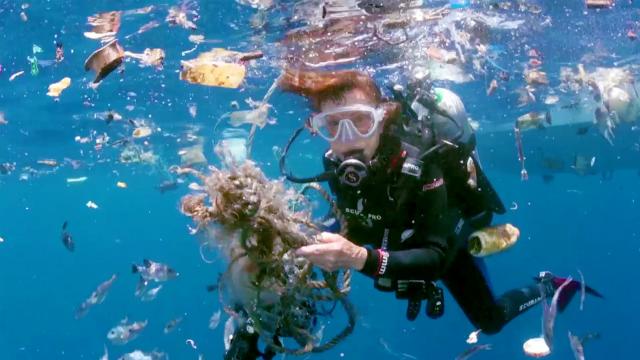
Changing the Nature of Nature with Sylvia Earle
Added 785 Views / 0 LikesChanging the Nature of Nature with Sylvia Earle
-
00:57
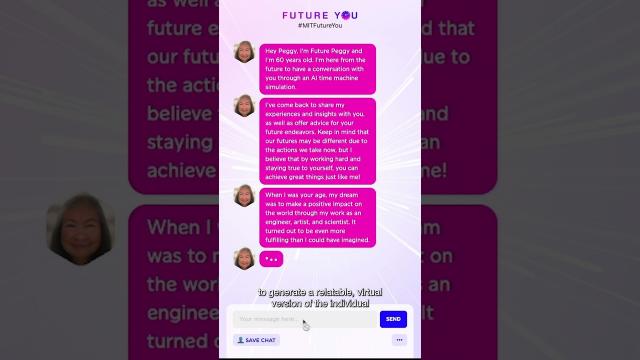
Chat with your future self
Added 92 Views / 0 LikesFuture You is a system developed to allow users to engage in a conversation with and AI-generated potential future self.
-
01:00
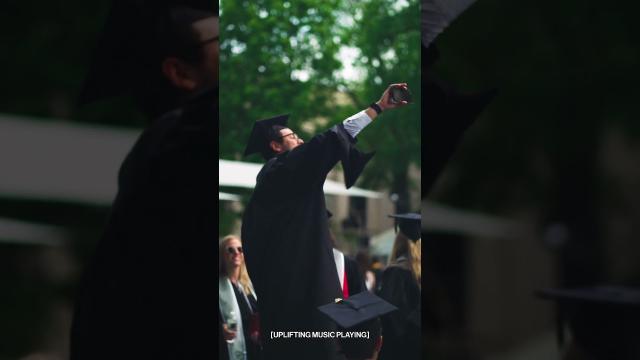
Cheers to the graduates! Congratulations!
Added 173 Views / 0 LikesMIT's 2023 Commencement ceremonies kick off today! Congratulations, Class of 2023!
-
03:07
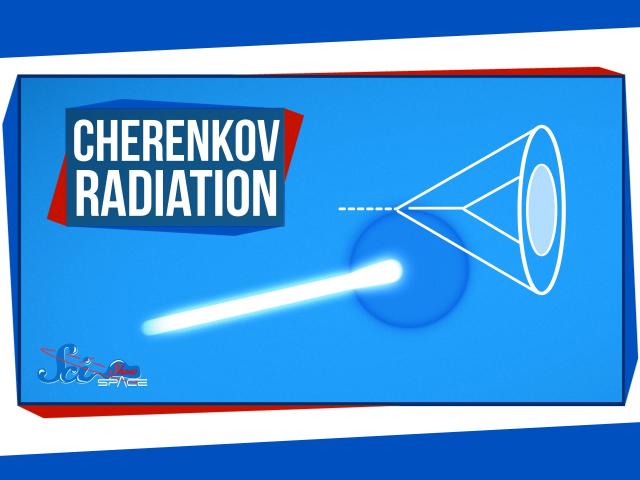
Cherenkov Radiation : Particles Faster Than the Speed of Light?
Added 809 Views / 0 LikesCherenkov Radiation : Particles Faster Than the Speed of Light?
-
03:24
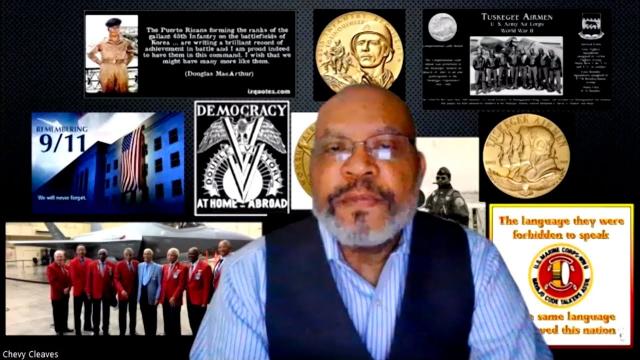
Chevalier Cleaves (An MIT Community Vigil)
Added 432 Views / 0 LikesChief Diversity and Inclusion Officer for MIT Lincoln Laboratory speaks to the community. On June 2, 2020, the Institute Community and Equity Office at MIT hosted an online vigil to bring the community together in the wake of the recent tragic killings of
-
04:34
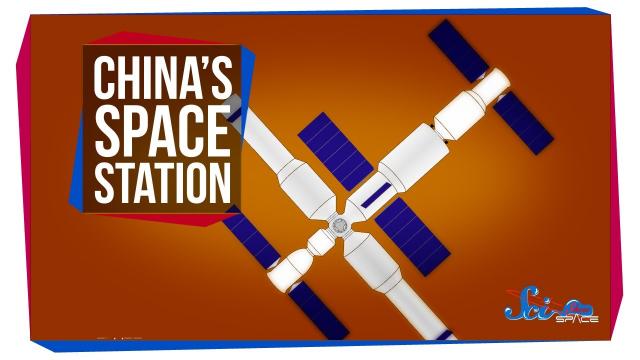
China's Almost Ready to Build Their Space Station
Added 659 Views / 0 LikesChina's Almost Ready to Build Their Space Station
-
02:12
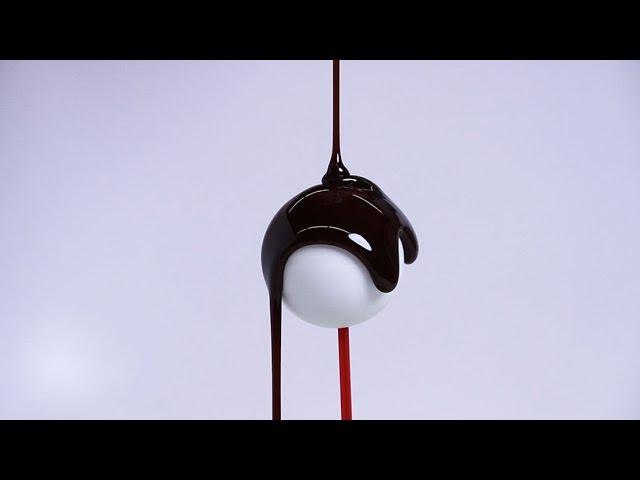
Chocolate-inspired theory predicts thickness of coatings
Added 746 Views / 0 LikesChocolate-inspired theory predicts thickness of coatings
-
03:31
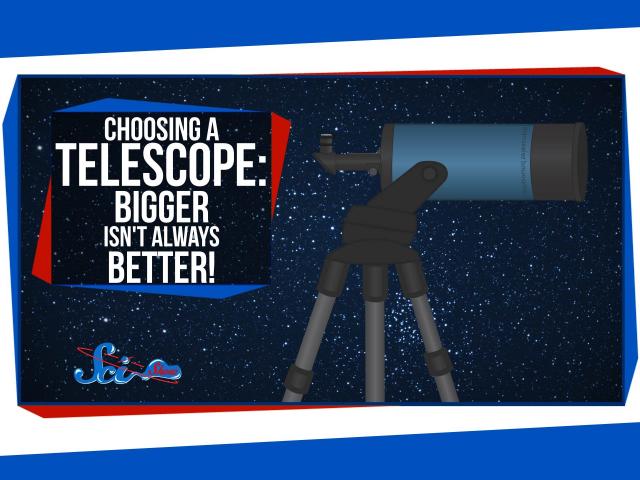
Choosing a Telescope: Bigger Isn't Always Better!
Added 697 Views / 0 LikesChoosing a Telescope: Bigger Isn't Always Better!
-
00:31
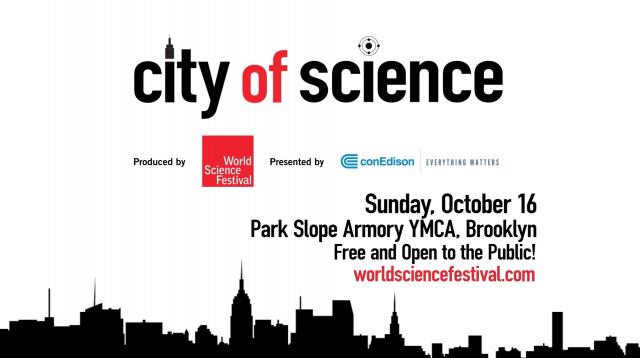
City of Science - Oct. 16th - Park Slope Armory
Added 662 Views / 0 LikesCity of Science - Oct. 16th - Park Slope Armory
-
00:31
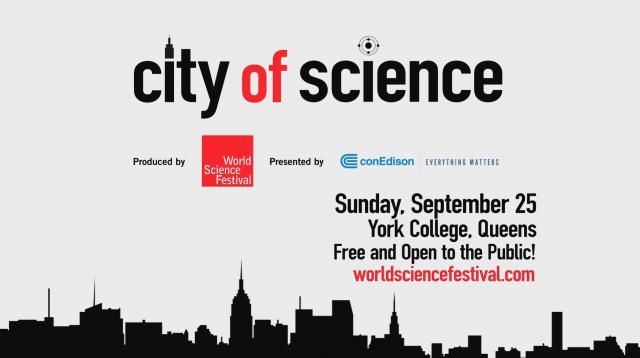
City of Science - Sept 25th York College, Queens
Added 720 Views / 0 LikesCity of Science - Sept 25th York College, Queens
-
00:31
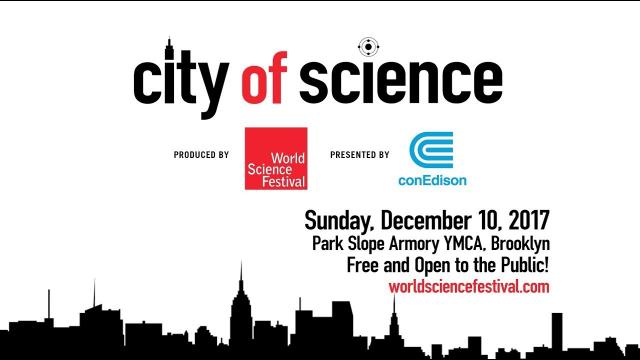
City of Science! December 10, 2017
Added 563 Views / 0 LikesCity of Science! December 10, 2017

